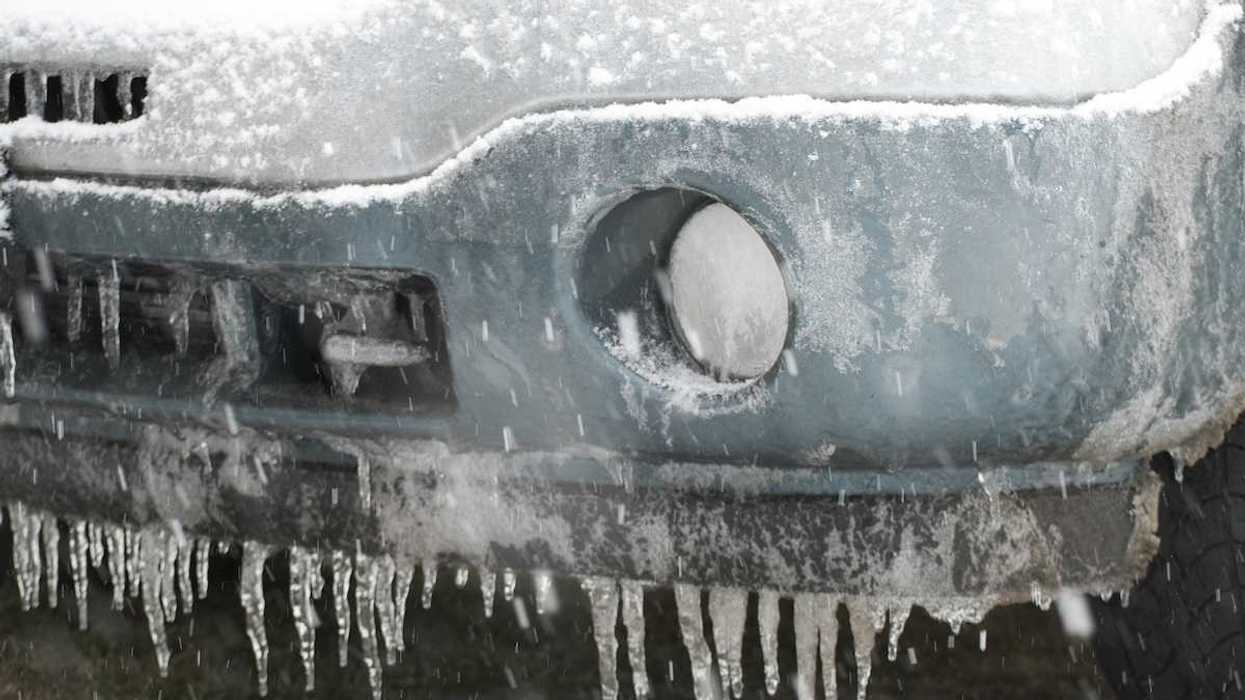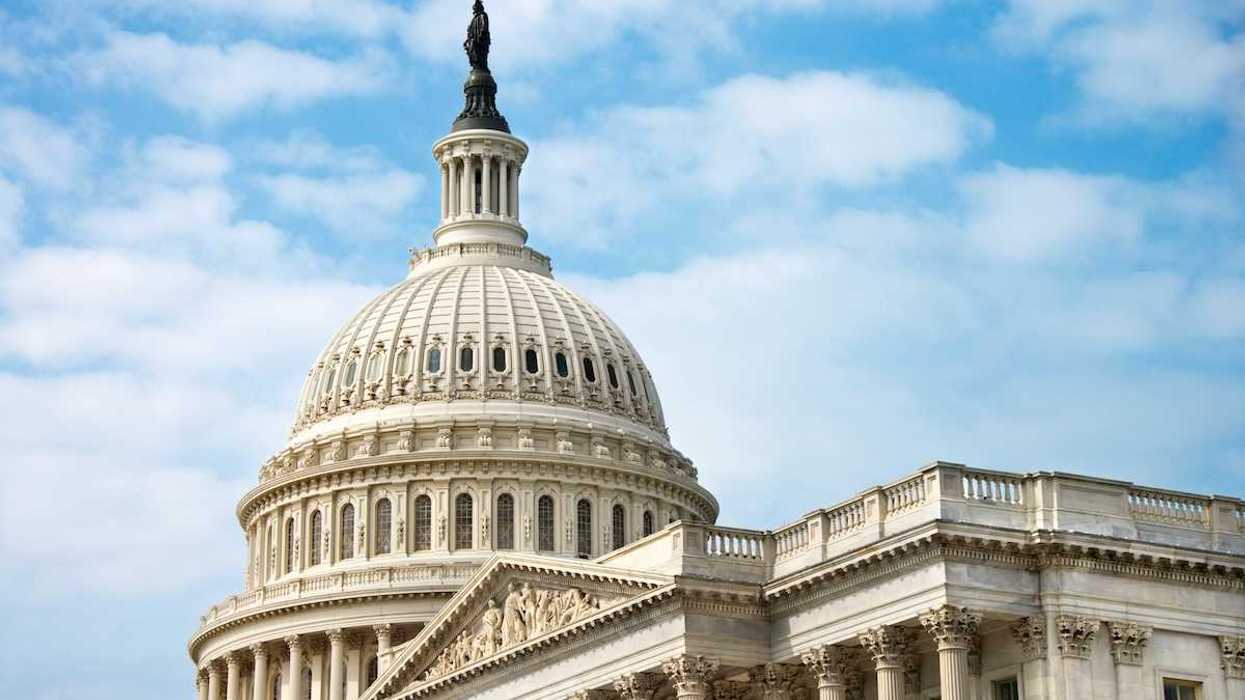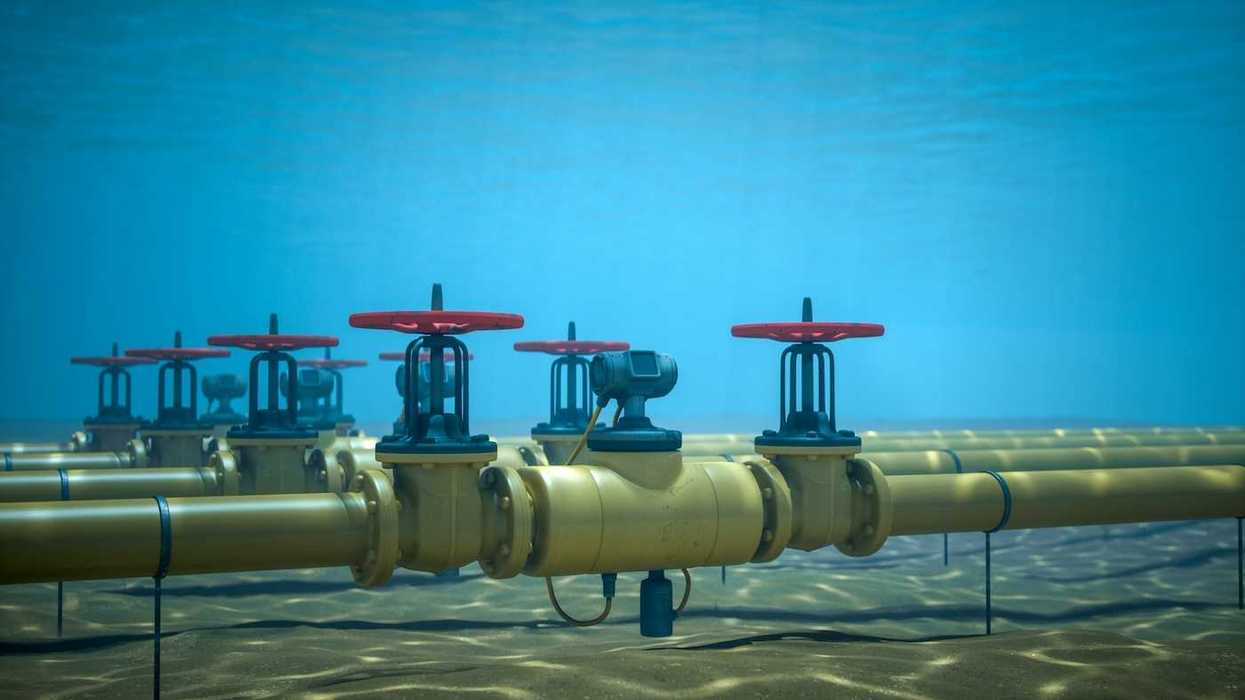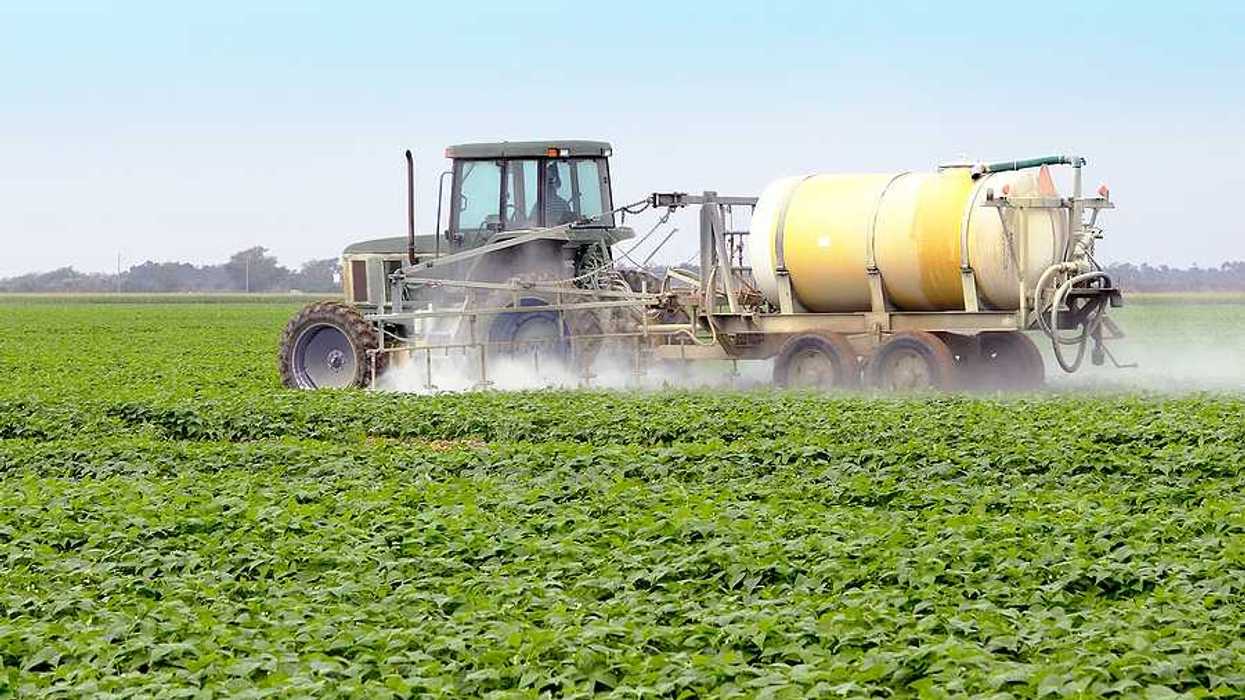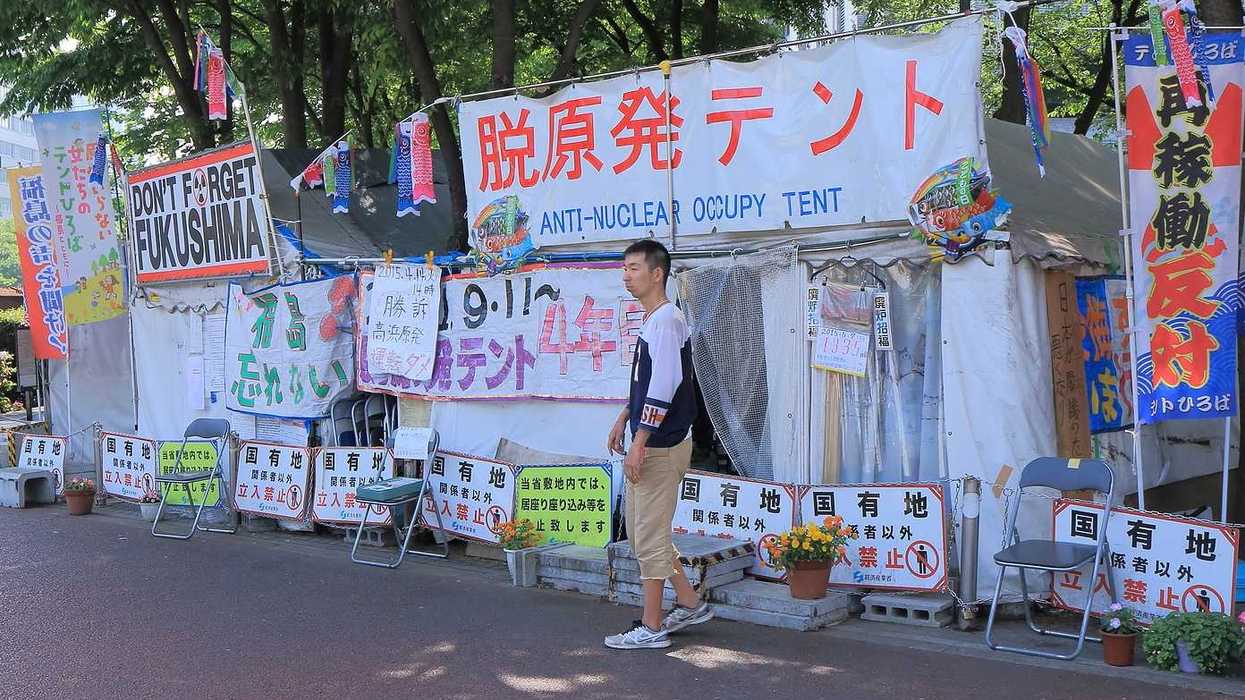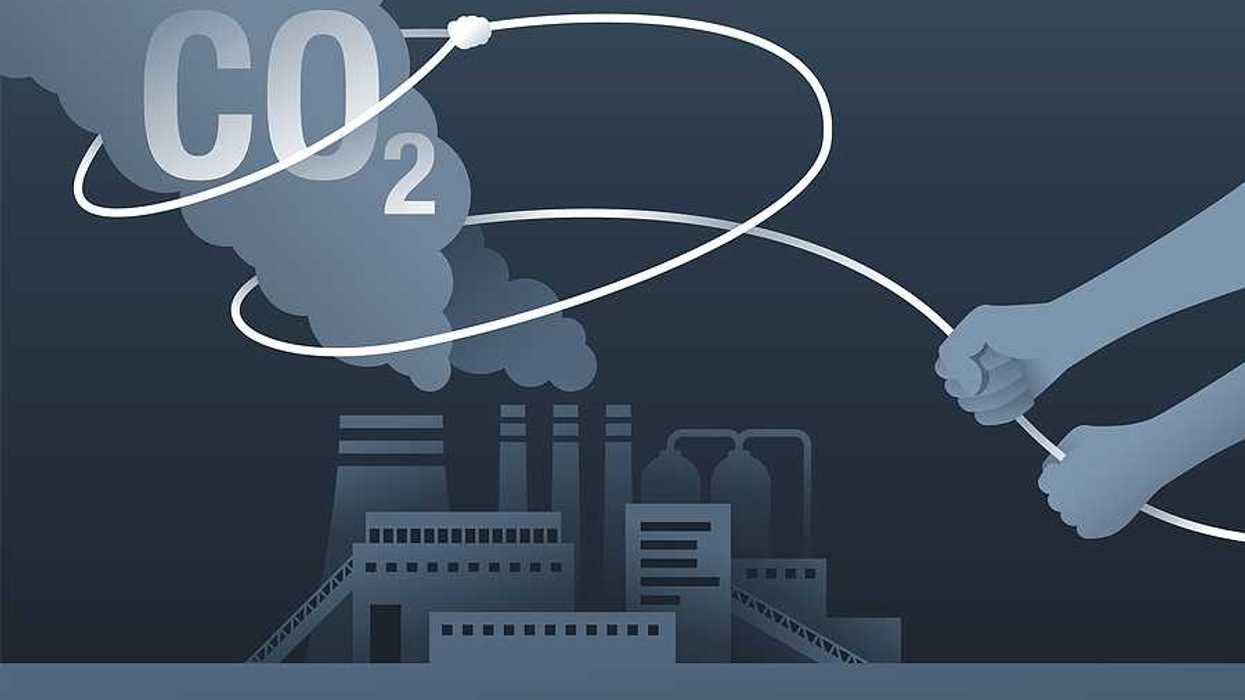A new legislative push in Michigan seeks to revive and reshape stalled “polluter pay” laws to make companies financially responsible for toxic site remediation and provide recourse for affected communities.
Douglas J. Guth reports for Inside Climate News.
In short:
- Michigan lawmakers, led by Democratic Sen. Jeff Irwin and Rep. Jason Morgan, plan to reintroduce bills that would require polluting industries to pay for environmental cleanups and increase transparency through public records.
- The new legislative package is expected to target the worst contaminated sites, including brownfields and abandoned industrial facilities, using a flexible, site-by-site approach.
- Despite public support and advocacy backing, the effort faces significant political resistance, particularly from the Republican-led House and industrial interests that oppose tougher standards.
Key quote:
“There are industrial accidents that haven’t been cleaned up because it’s cheaper to lobby the legislature than clean up contaminated sites.”
— Sean McBrearty, director of Michigan Clean Water Action
Why this matters:
Michigan is home to more than 24,000 contaminated sites, a legacy of decades of unchecked industrial activity, from automotive manufacturing to chemical production. Many of these sites leach hazardous chemicals into groundwater, rivers, and lakes, posing ongoing threats to public health and ecosystems. One such contaminant is 1,4-dioxane, a suspected carcinogen found in the water supply near Ann Arbor. Without stronger laws to hold polluters accountable, cleanup efforts often fall to taxpayers, dragging on for generations with no clear end in sight. Communities living near these “orphan” sites face increased risks of cancer, respiratory illness, and water insecurity. The proposed legislation would shift financial responsibility from the public to the industries that caused the damage—an approach already being tried in states like New York and Vermont.
Learn more: Contamination incidents in Michigan incentivize a push for stronger environmental laws.


